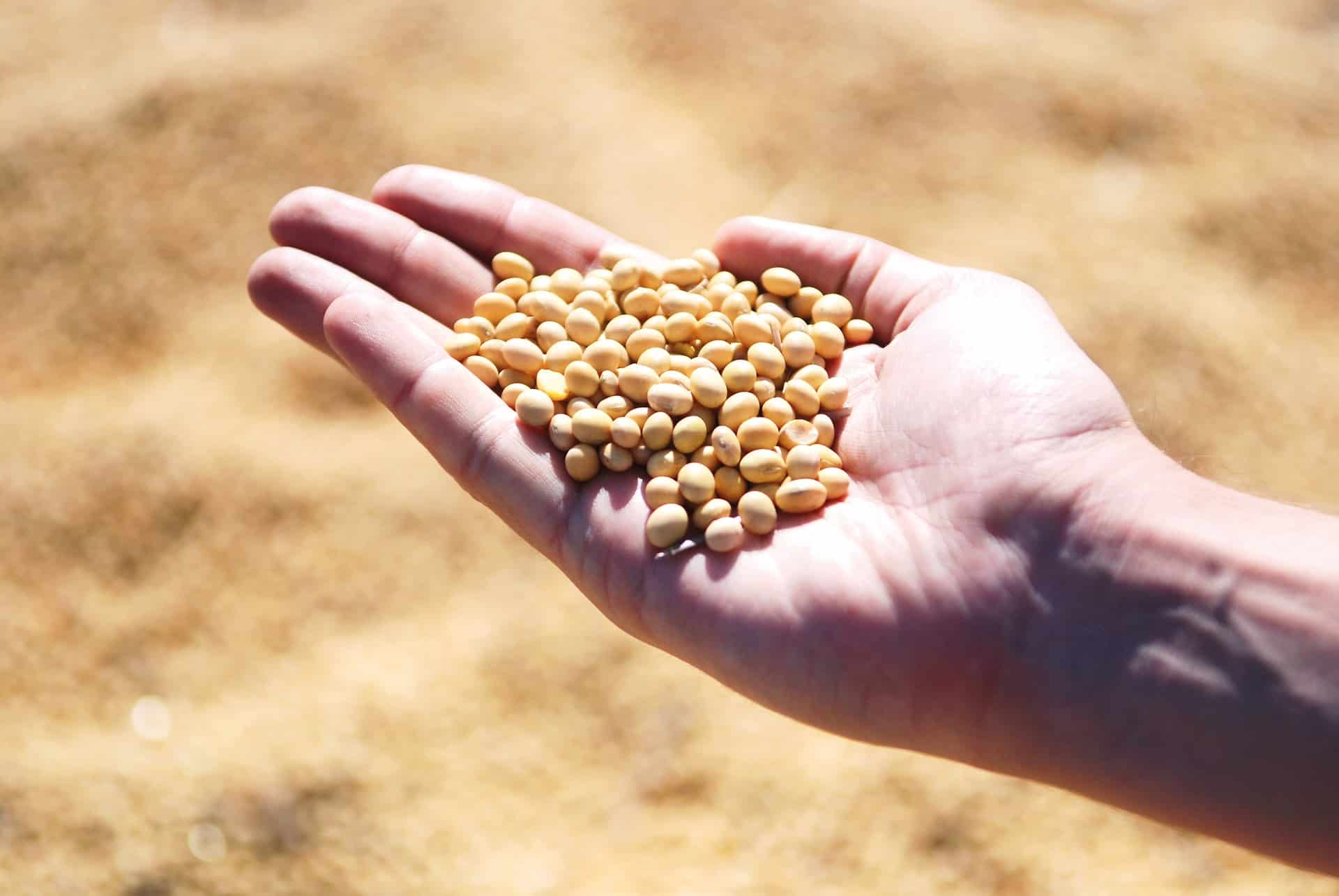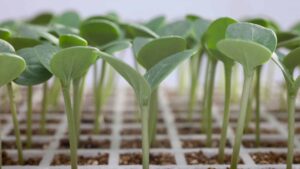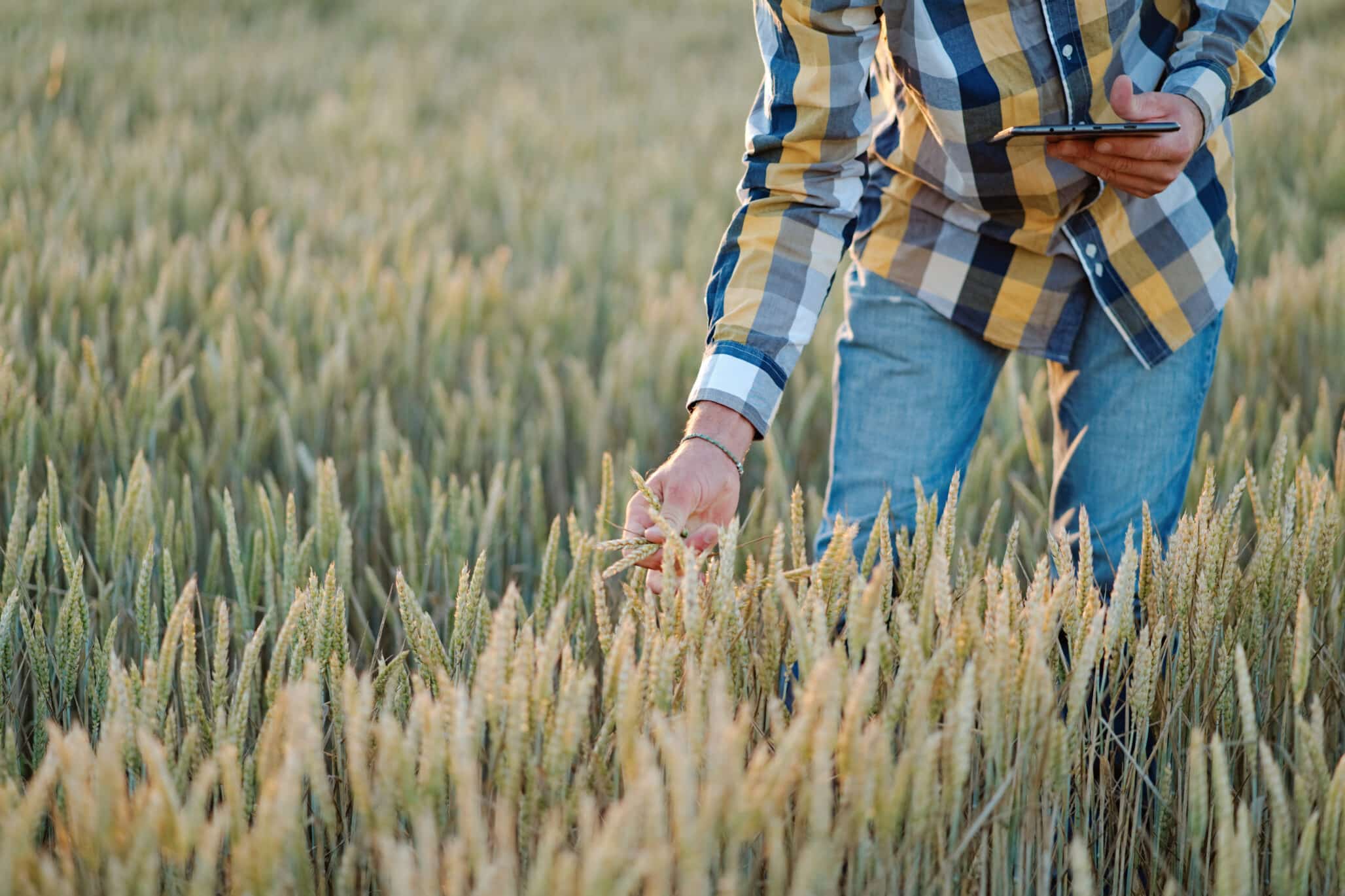During the COVID-19 pandemic, the seed health experts in Iowa State University’s Seed Science Center are working diligently to provide economic stability that helps protect $1.6 billion in annual seed exports by the U.S. seed industry.
“The global nature of the seed business makes this situation particularly difficult,” says Gary Munkvold. “International operations and the movement of seeds from country-to-country is vital to domestic seed supplies. The need is particularly critical right now as seed companies are working to get their product shipped in time to meet spring planting windows.”
Munkvold, a professor of plant pathology and microbiology, is co-director of the National Seed Health System that is administered by the Seed Science Center. The other co-director is Charlie Block, seed health testing coordinator for the Seed Science Center.
The National Seed Health System, authorized by the USDA Animal and Plant Health Inspection Service, serves to accredit both private and public entities to perform activities in support of issuance of federal phytosanitary certificates for the international movement of seed.
A phytosanitary certificate acts as a declaration that seeds are healthy. The certificate acts as a kind of passport, providing companies and other entities to the necessary paperwork to move seeds across borders.
The National Seed Health System is a public-private partnership that serves a critical role in protecting export of an estimated $1.6 billion in seeds annually.
“Access to quality seed is vital to maintain a sound economy,” says Manjit Misra, director of the Seed Science Center. “It is the foundation of feeding, clothing and fueling the globe.”
Seed Science Center faculty and staff are continuing to test samples to support phytosanitary certification and the movement of seed. They are following pandemic requirements to ensure social distancing, including offsetting staffing schedules for nights and weekends.
“Seed testing services are critical to the seed industry, so the Seed Science Center has made maintenance of these services a top priority,” Munkvold says. “The National Seed Health System is maintaining its activities and accommodating accredited companies so they can continue their seed testing and inspection activities without interruption.”
Some may be surprised to learn the seed production industry is a year-round global operation, according to Charlie Block, seed health testing coordinator in the Seed Science Center.
“Companies plan and schedule seed shipments months in advance to meet seed planting deadlines around the world,” says Block. “Schedules are tight and the timely turnaround of seed health tests plays a key supporting role.”
The pandemic has had a profound effect on all aspects of seed industry operations. Many have put in place necessary practices to comply with COVID-19 recommendations from the U.S. Centers for Disease Control and Prevention. Employees with many companies are under severe travel restrictions and work-from-home policies.
To support these companies and the timely movement of seed, the National Seed Health System has implemented emergency policies that include working closely with seed companies on a case-by-case basis. Read more at seedhealth.org.
“Dedicated people at the Seed Science Center are working every day to ensure a safe, healthy seed supply for continued food and economic security,” Munkvold says.
Through the National Seed Health System, Iowa State also leads development of new seed health testing methods that are incorporated into the accreditation program to ensure the program is on the cutting edge of technology. For more information about the National Seed Health System visit seedhealth.org.













